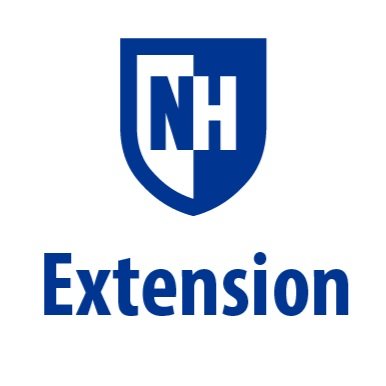Northeast Regional Initiative for the Preservation Trades
Project Background
Across the Northeast region of the United States, recent workforce shortages have negatively impacted many sectors, including the trades. There is evidence that the effects of these shortages have been even more pronounced for historic preservation trade specializations. The preservation trades workforce shortage in the Northeast can be attributed to a variety of possible factors, including a high relative percentage of historic structures, shifts in career trends amongst younger generations, increased regional in-migration during the COVID-19 pandemic (increasing contractor demand), and high median population age, along with the mass retirement of the baby boomer generation. Historic preservation is a critical element of community vitality and fostering a strong sense of place and connection to local heritage. Preservation tradespeople are essential to the success of historic preservation more broadly; thus, finding ways to create a stronger workforce throughout the Northeast will help enable preservation practices that are accessible and available to a broader range of property owners and managers. Tradespeople with training in historic buildings are critical for making more older homes in the Northeast livable and safe in light of current affordable housing shortages. Furthermore, preservation practices can be vital in reducing construction/demolition waste and pollution and the consumption of limited resources, positioning preservation as a valuable strategy in reducing greenhouse gas emissions and working toward climate goals.
With these considerations in mind, it is imperative that preservation advocates understand current workforce challenges and identify means to engage more people in preservation trade careers. There is an opportunity now to consider how these paths may be more inclusive across demographic groups and welcoming of people from different ages and backgrounds. This four-state research initiative will develop recommendations for how statewide preservation nonprofit organizations in New York, Vermont, New Hampshire, and Maine can work collaboratively to advance the training and placement of workers skilled in the preservation trades. This project will employ a multiple-methods research approach including a survey, interviews, and focus groups to understand experiences and perceptions of current northeastern preservation trades professionals, gather information pertaining to training gaps and opportunities, analyze why or professionals chose preservation trade careers (or did not), and recommend specific courses of action to create a more robust and sustainable workforce. Findings will be used to guide future investments made by the organizations to engage the most effective and needed training and placement models and identify ways to measure progress.
This research is being conducted by Community and Economic Development specialists from the University of New Hampshire Cooperative Extension in collaboration with the Northeast Regional Initiative for the Preservation Trades, a four-state partnership between the Preservation League of New York State, Preservation Trust of Vermont, the New Hampshire Preservation Alliance, and Maine Preservation. The project is funded by a grant from the Moe Family Fund for Statewide and Local Partners through the National Trust for Historic Preservation and the 1772 Foundation.
Project Overview:
Phase 1 (Spring 2022): Background assessment of preservation trades workforce, training opportunities, and initiatives in the Northeast region
Phase 2 (Summer 2022): Survey of tradespeople and preservation affiliates
Phase 3 (Summer-Fall 2022): Interviews and focus groups
Phase 4 (late 2022): Final report and information sharing
Please join us for a webinar marking the report’s official launch, on March 28th, 2023.
For more information: Jada Lindblom, Community and Economic Development Field Specialist, UNH Cooperative Extension, jada.lindblom@unh.edu


